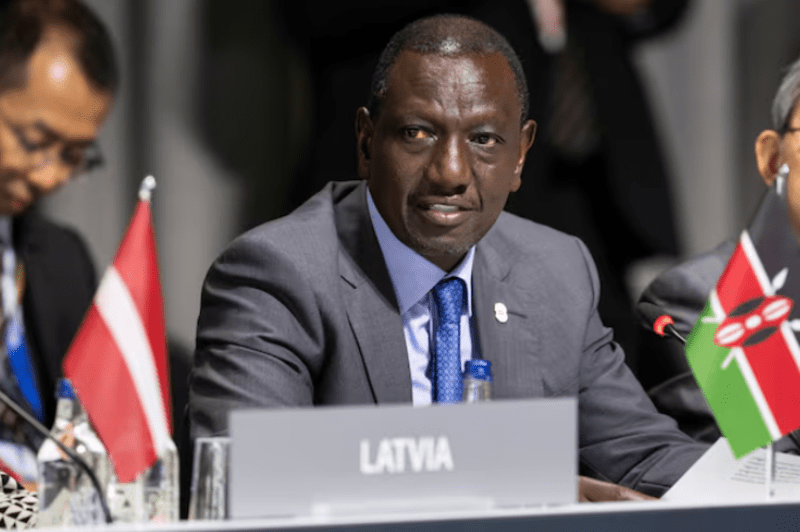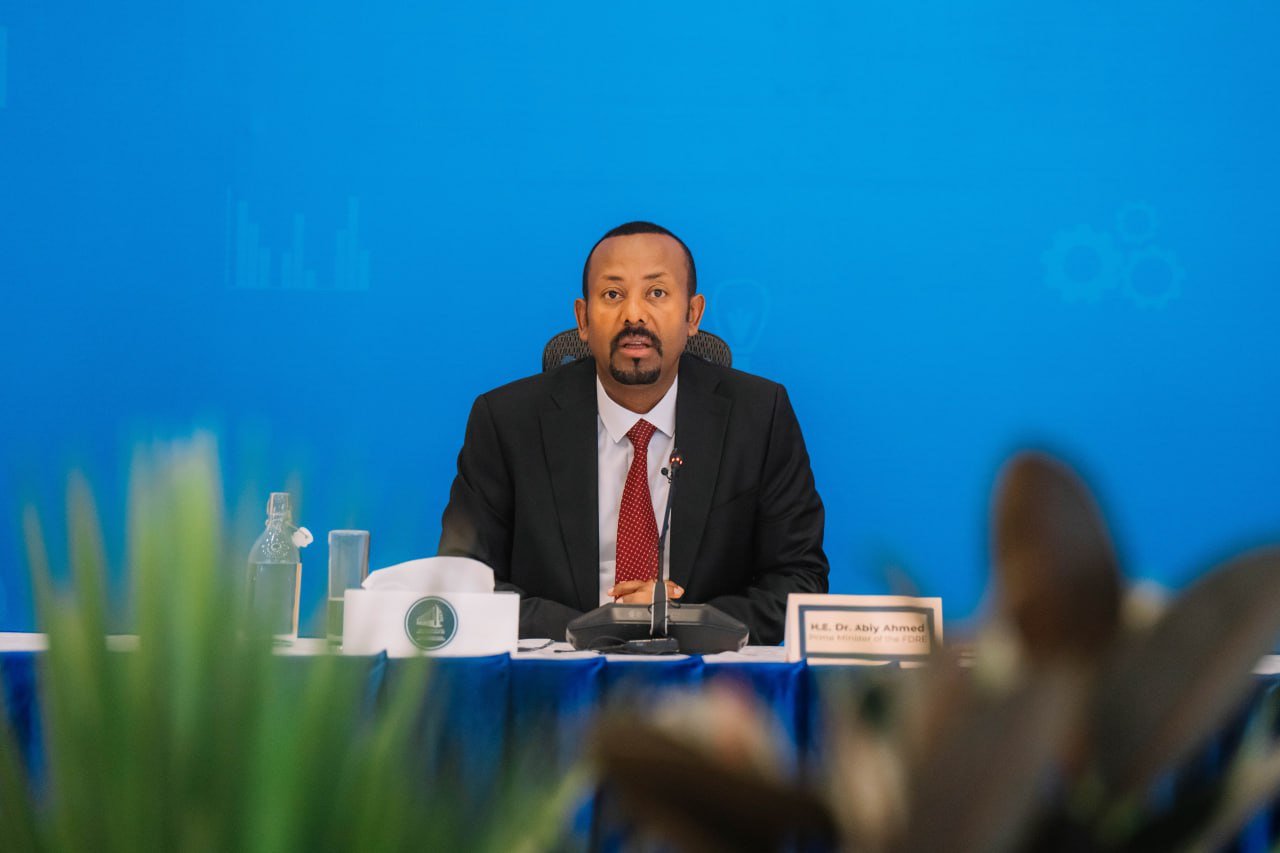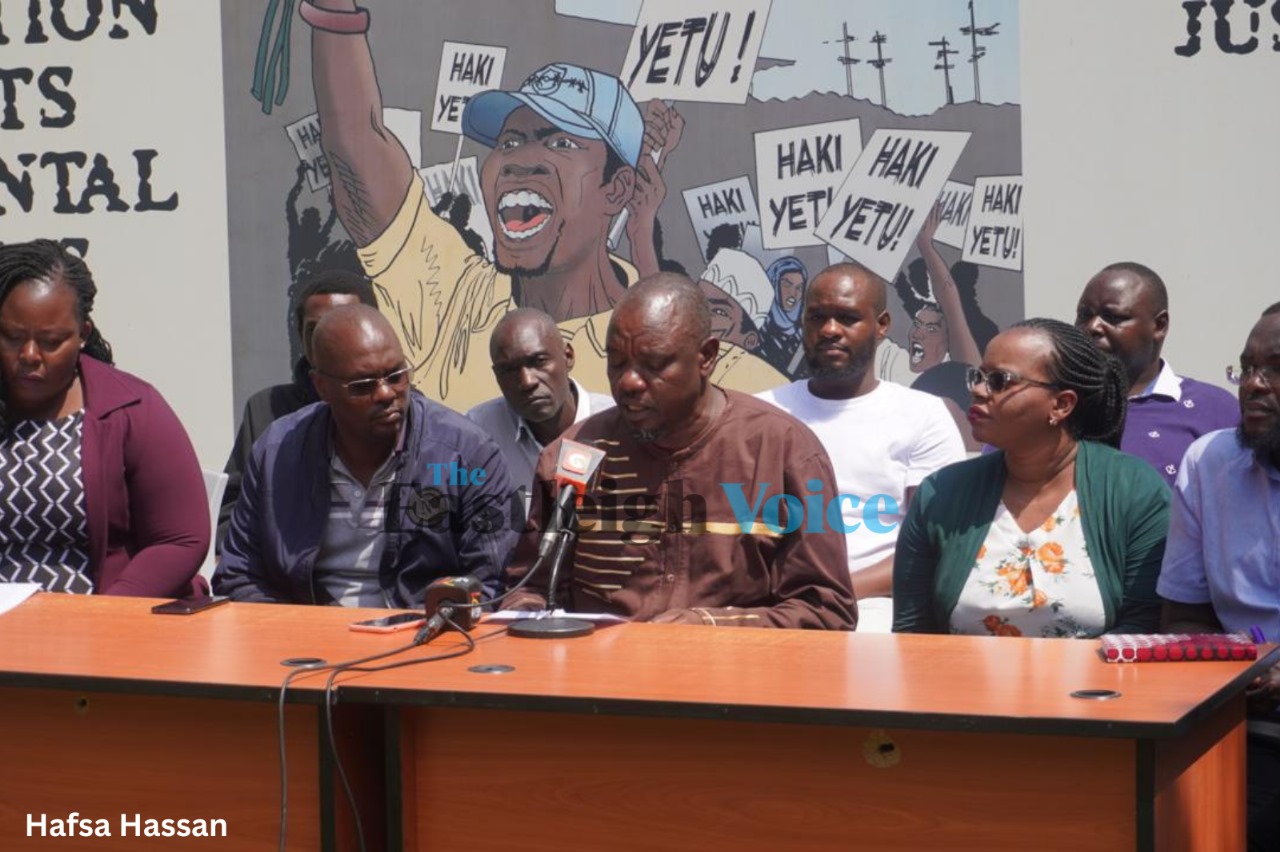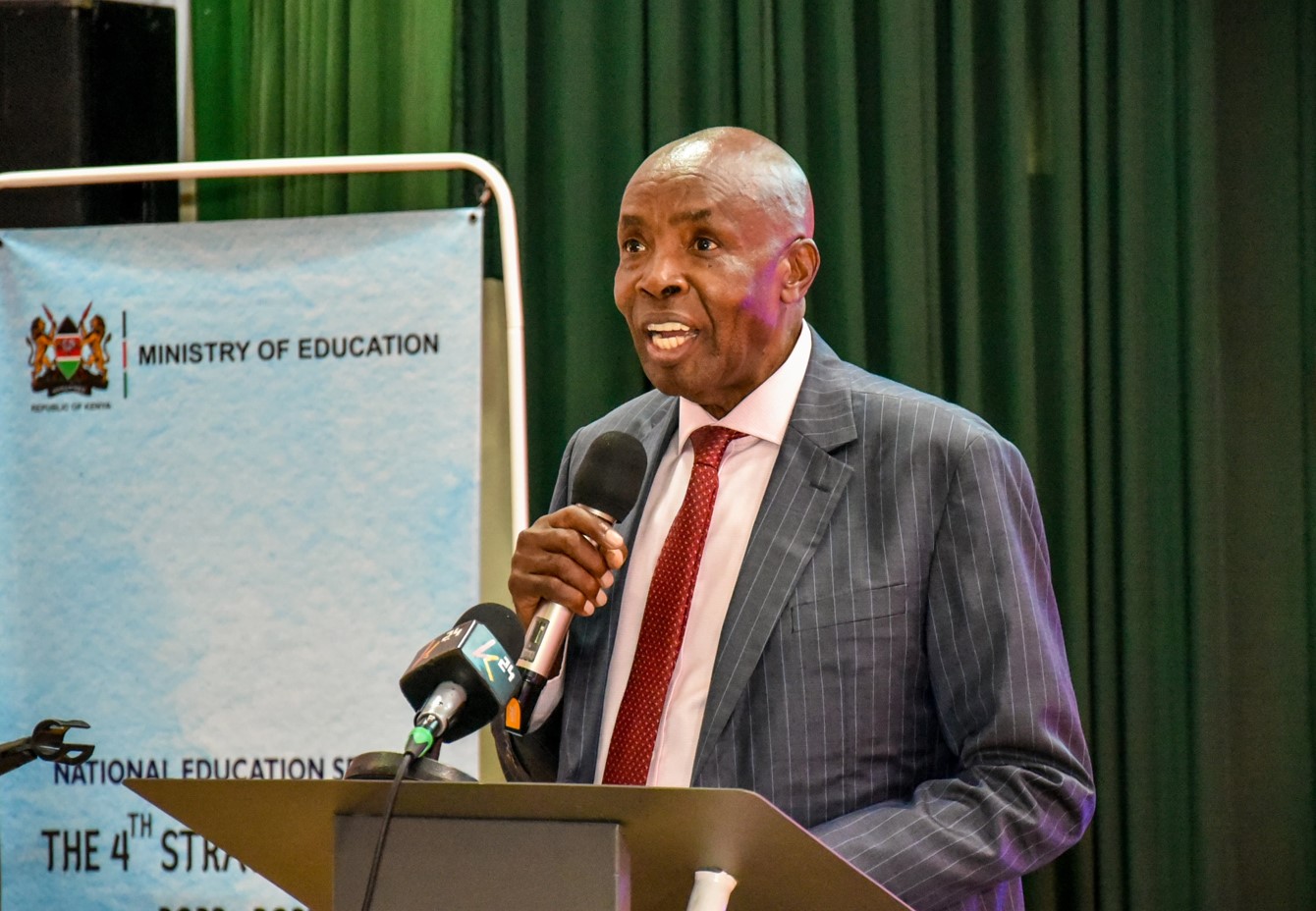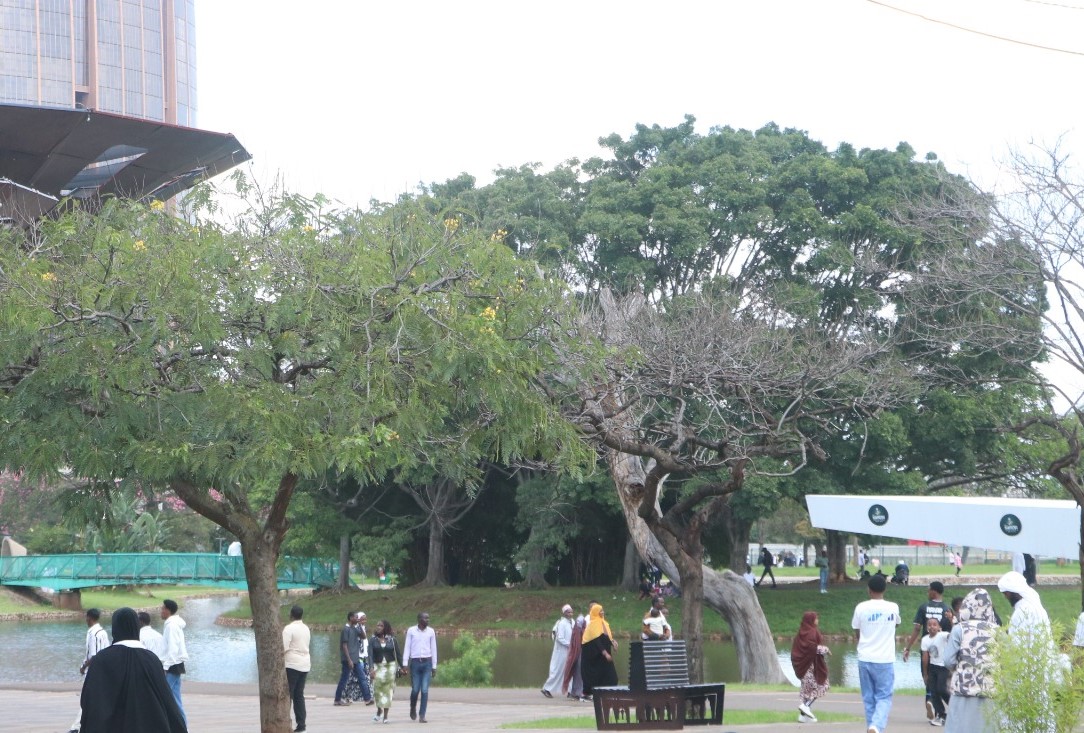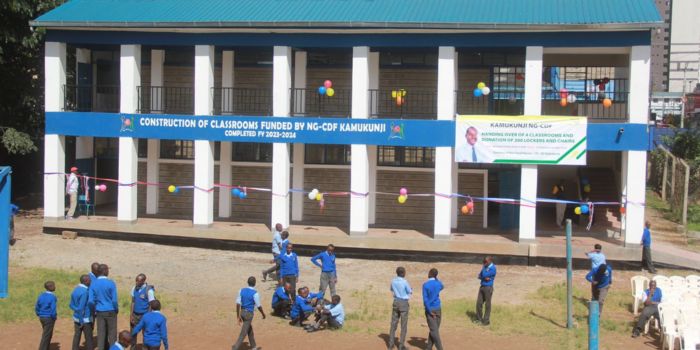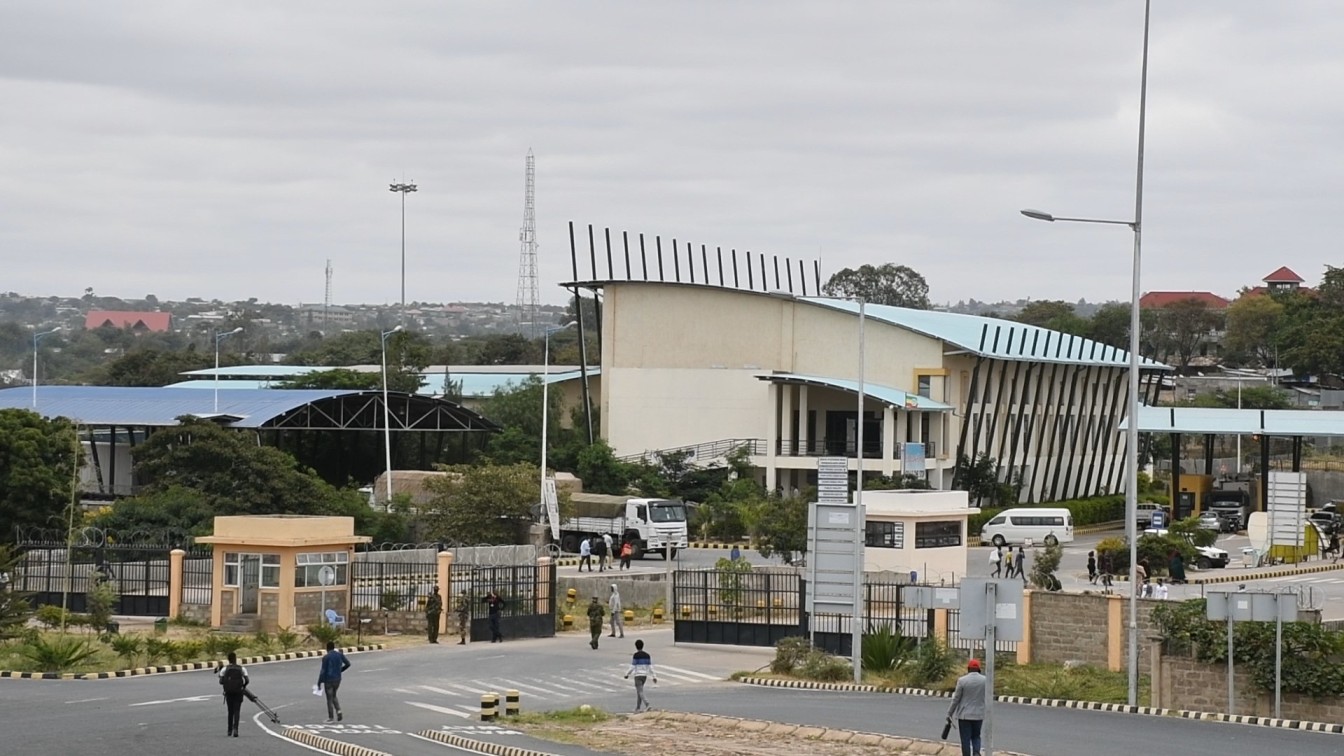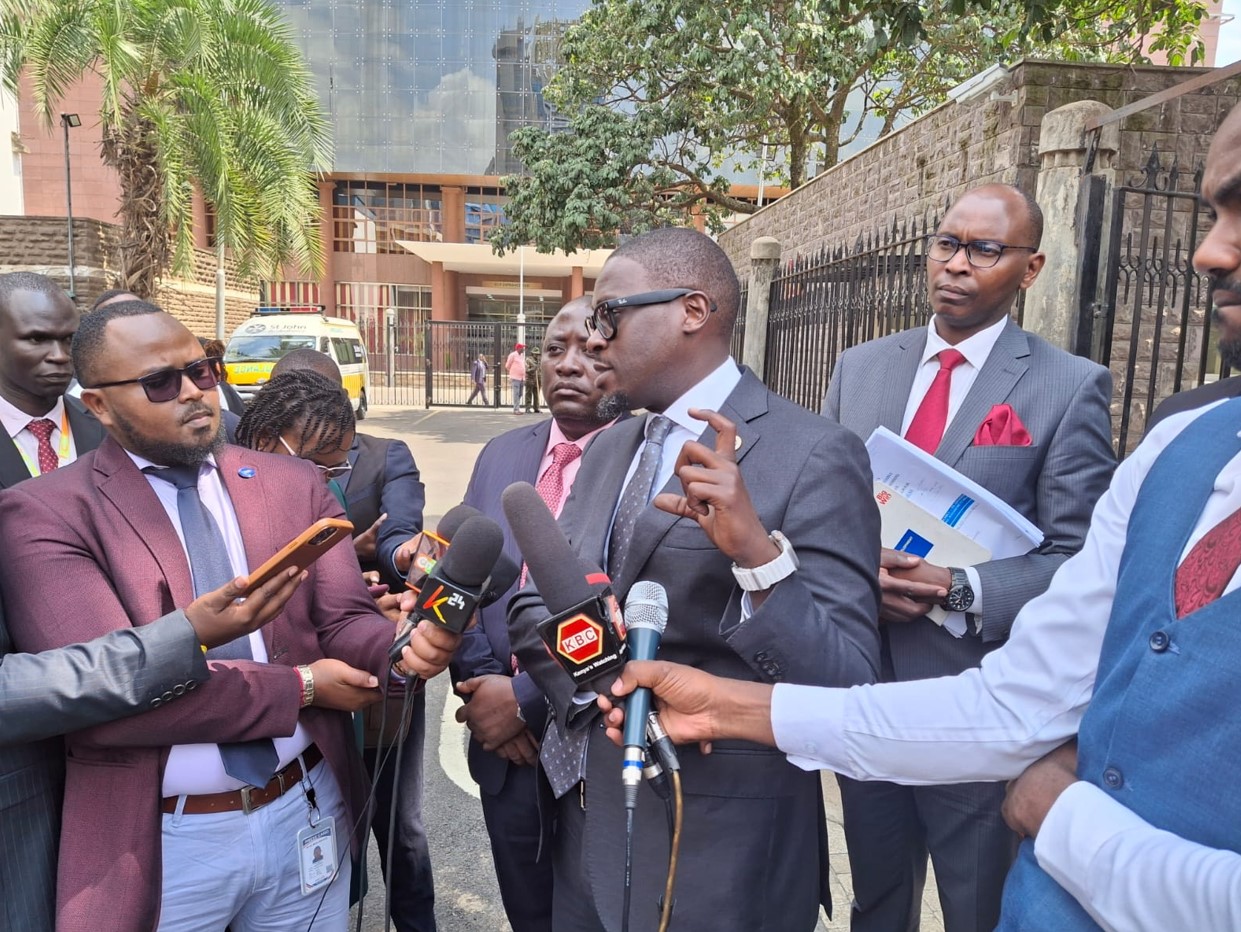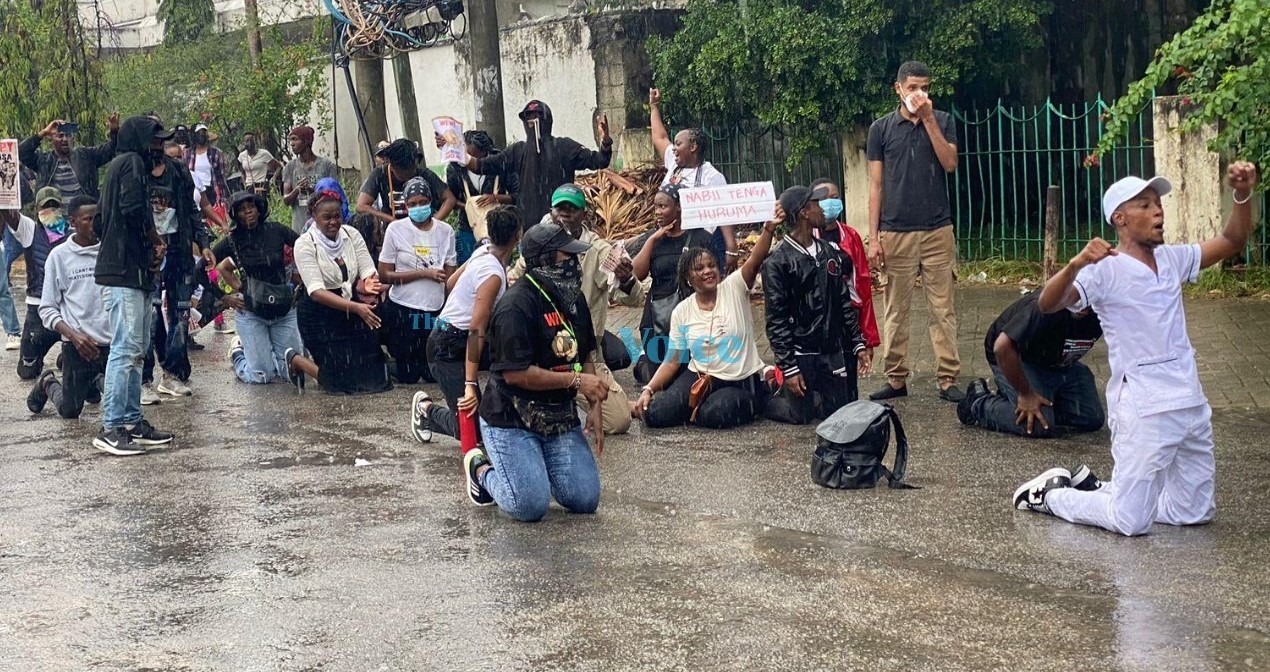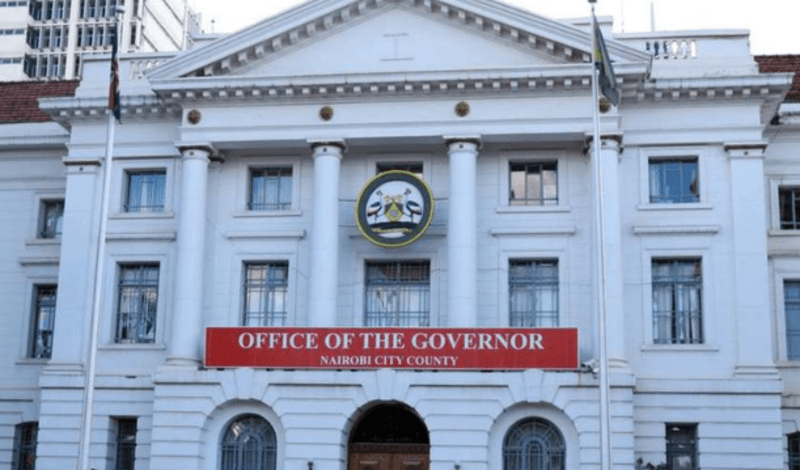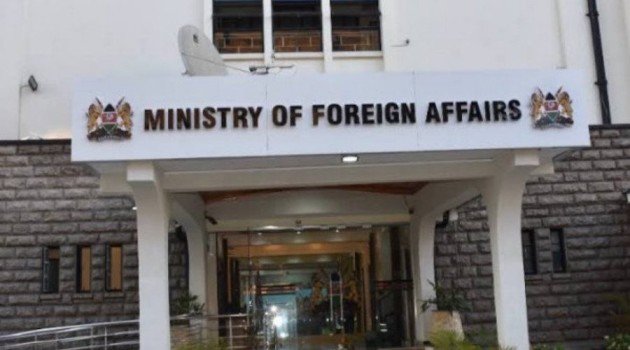Civic educators train Kamukunji residents how to analyse Nairobi County's budget estimates
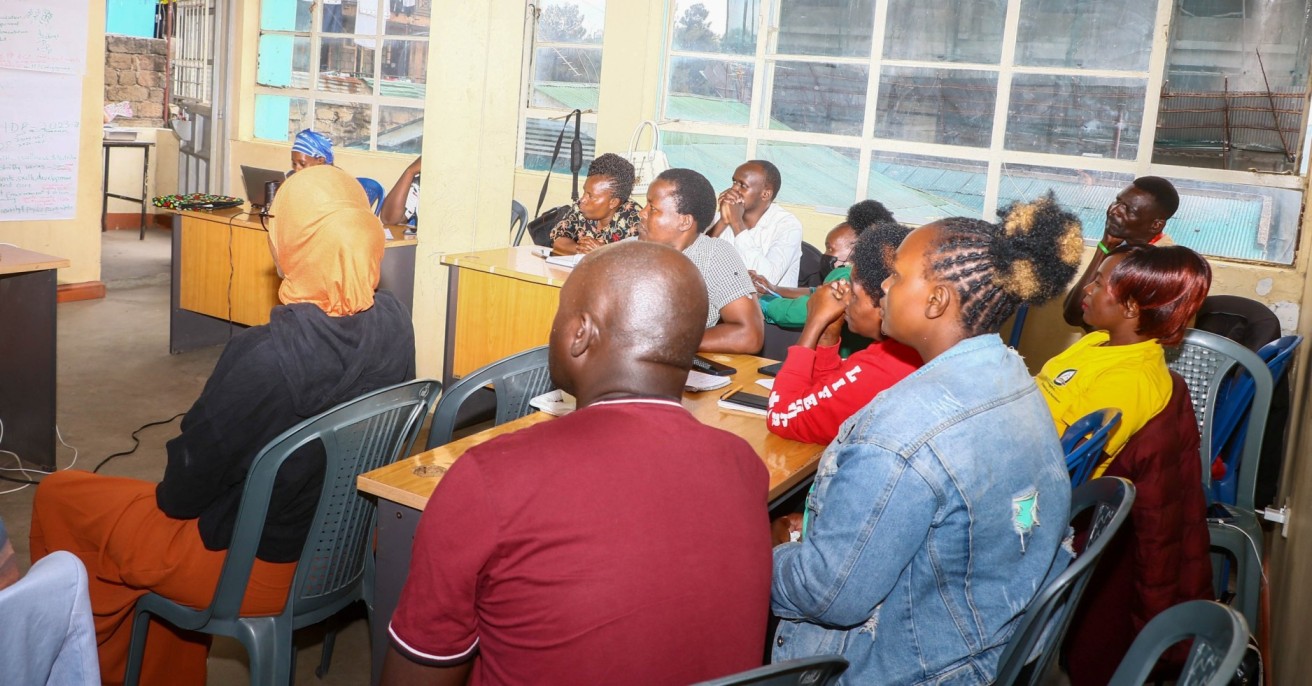
By Hanifa Adan |
Participants were guided through the intricacies of the budget proposals, focusing on where allocations are made and the transparency of information sharing at the county level.
Civic educators under the Uraia platform, a national civic education initiative, facilitated a public session in Kamukunji today to assist the community in analysing the budget estimates of Nairobi County.
The event was part of a broader effort to enhance public understanding and engagement in the budgeting process.
Uraia's initiative, which operates in all 47 counties in Kenya, emphasises civic education and participatory engagement. With support from budget facilitators, today's session aimed to demystify the budget estimates for Nairobi, making it easier for residents to comprehend and engage with the budget allocation process.
Keep reading
The civic engagement in Kamukunji is part of ongoing efforts to empower Nairobi residents to participate actively in their county's budgeting process, ensuring that public funds are allocated and utilised effectively for community development.
Participants were guided through the intricacies of the budget proposals, focusing on where allocations are made and the transparency of information sharing at the county level. The discussions underlined the importance of public awareness before the budget is operationalised for the next financial year.
A critical area of focus was the Ward Development Fund (WDF), with participants assessing their understanding of the fund, identifying supported projects, and creating a scorecard to evaluate their compliance with set standards.
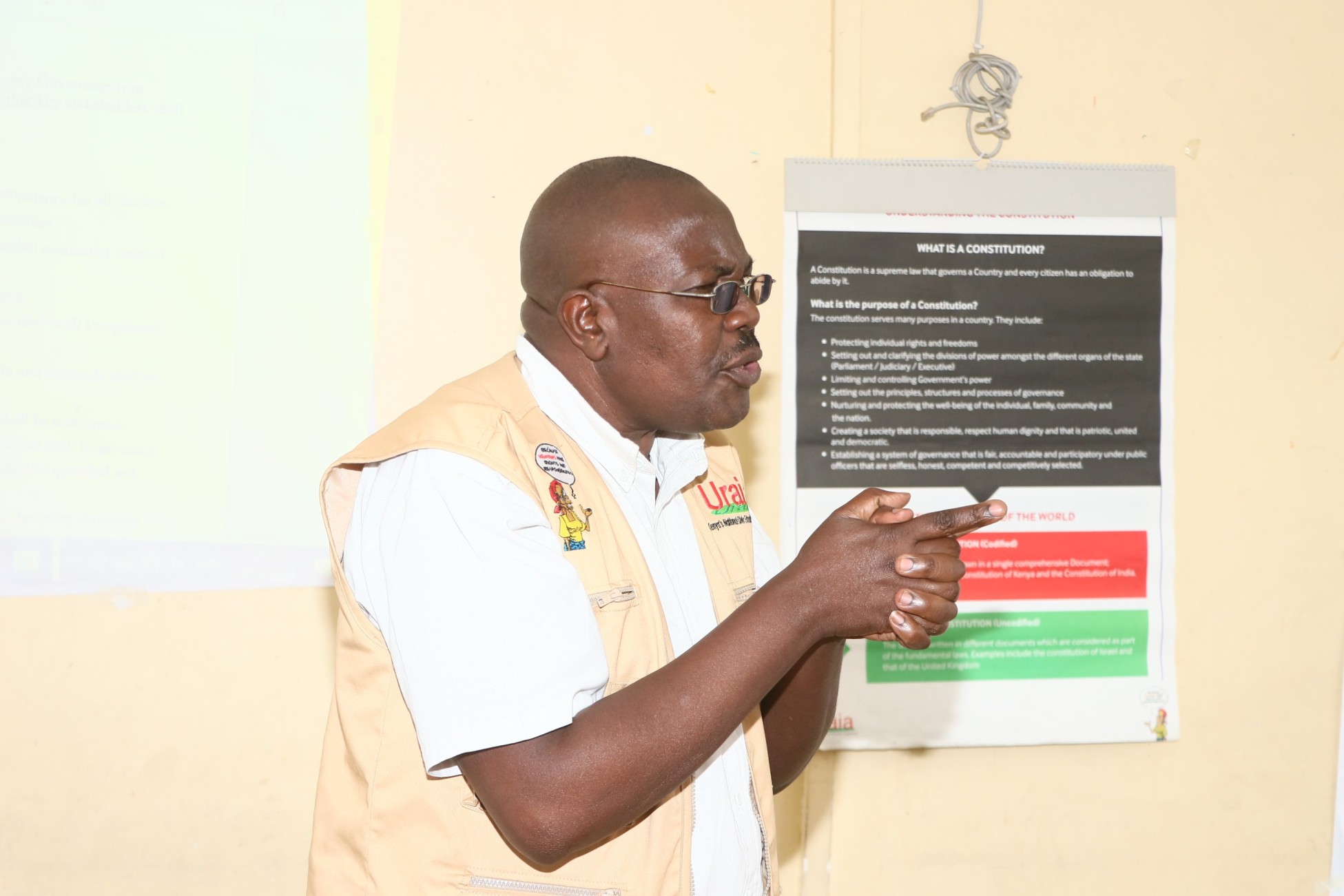 Andenga Danpaul civic educator educates residents on budget analysis of the budget estimates of Nairobi County, at a civic exercise held at Mama Fatuma Goodwill Children's Home Hall in Kamukunji on June 10, 2024. (Photo: Justine Ondieki)
Andenga Danpaul civic educator educates residents on budget analysis of the budget estimates of Nairobi County, at a civic exercise held at Mama Fatuma Goodwill Children's Home Hall in Kamukunji on June 10, 2024. (Photo: Justine Ondieki)
Vincent Mulwa, a participant, expressed confidence in his newfound ability to question ward administrators about budget allocations. "I understood most of the technical terms they use in the budget and how the budget estimates are supposed to work and run. If I want to inquire about something from our ward administrator, I now have enough knowledge to do so and know what I am questioning," Mulwa shared.
Andenga Danpaul, a civic educator with Uraia, highlighted the importance of community involvement in analysing Nairobi City County's budget estimates.
"If participants can grasp the budget estimates, they can better identify and influence where resources are allocated," Danpaul explained. The initiative aims to demystify budget allocations, ensuring that public funds are utilised transparently and effectively.
Juliet Kisilu, a budget facilitator specialising in social accountability, said, "We need to verify if the projects listed in the documents are being carried out on the ground. It's essential to check if the projects are ongoing, finished, or even existing."
Concerns were raised about the timing of the supplementary budget, which has been introduced as the financial year is closing. Many attendees expressed confusion about its contents. Civic educators emphasised the necessity of public participation not only in initial budget estimates but also in supplementary budgets to ensure transparency and accountability.
Eve Mathai, a regional hub budget coordinator with the International Budget Partnership Kenya, pointed out, "There is no legal requirement for national or county governments to do public participation on the supplementary budget, but it is good practice. It's imprudent to involve citizens in public participation only to later introduce a different supplementary budget."
Juliet Kisilu led discussions on verifying the implementation status of projects listed in budget documents. Participants were encouraged to select specific wards, review the documents, and physically verify whether allocated funds were being used as stated—whether projects were ongoing, completed, or nonexistent.
"We have the sessions by checking the documents, selecting the wards, and going to check their status in regards to the money allocated there," Juliet stated.
John McBride, a public participation officer at the county, explained the legal framework for public input in the budgeting process. He highlighted that while public views must be considered, the technical process involves synthesising these views to inform budget decisions. "Public participation is considered, but not all views are adopted. The law says you give views and they are considered," McBride stated.
The session also outlined important dates in the budget calendar, including the issuance of budget preparation circulars on August 30, the tabling of the Annual Development Plan by September 1, and sector hearings by February 15/28.
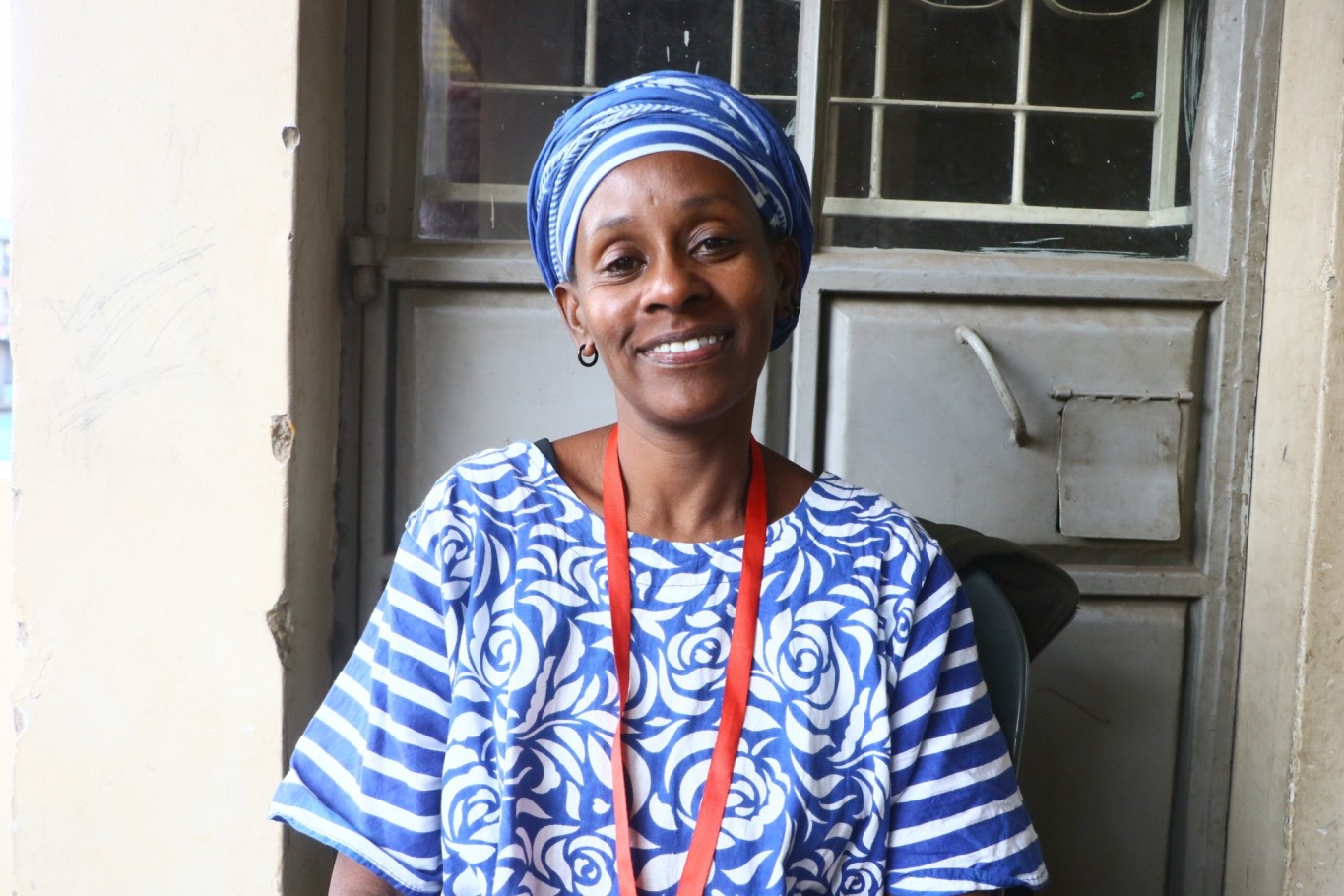 Juliet Kisilu, Nairobi county coordinator, at a civic engagement on budget analysis of the budget estimates of Nairobi County held at Mama Fatuma Goodwill Children's Home Hall in Kamukunji on June 10, 2024. (Photo: Justine Ondieki)
Juliet Kisilu, Nairobi county coordinator, at a civic engagement on budget analysis of the budget estimates of Nairobi County held at Mama Fatuma Goodwill Children's Home Hall in Kamukunji on June 10, 2024. (Photo: Justine Ondieki)




